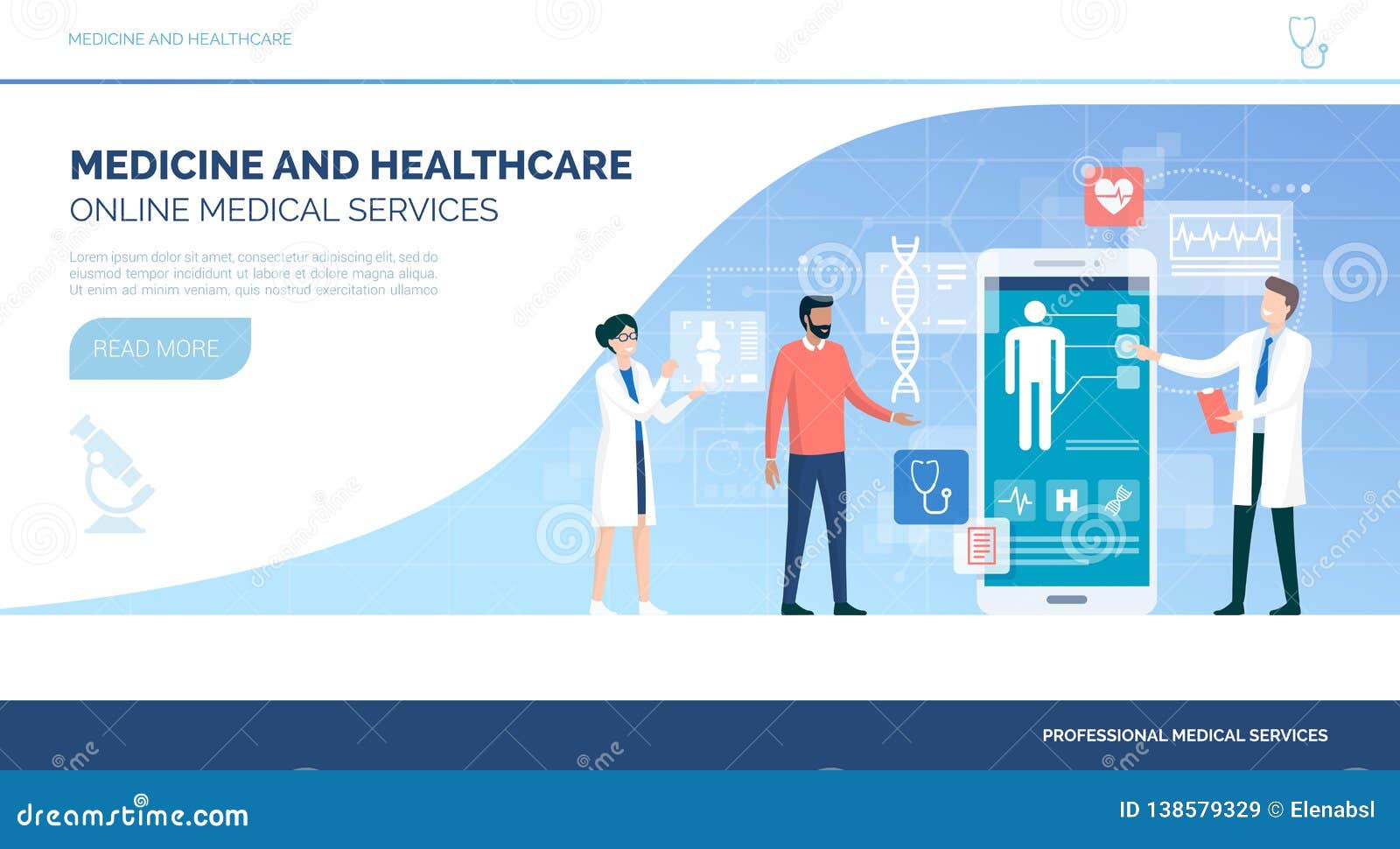A Comprehensive Overview to Subscription Based Healthcare: What You Need to Know
A Comprehensive Overview to Subscription Based Healthcare: What You Need to Know
Blog Article
The Rise of Subscription-Based Health Care and Its Influence On Patient Treatment
As medical care evolves, the subscription-based version is acquiring grip, assuring to transform patient treatment by offering predictability and access. These models, which bypass conventional insurance, could redefine the patient-doctor dynamic, highlighting preventative and individualized treatment. Yet, similar to any innovation, they provide challenges, particularly worrying fair gain access to for all socioeconomic teams. The capacity for these versions to improve medical care delivery increases pushing questions about their long-term sustainability and inclusivity. Are these registration solutions the future of medical care, or do they risk leaving at risk populaces behind? The ins and outs of this shift warrant a better examination.
Recognizing Subscription Health Care Models
Realizing the concept of membership health care designs entails taking a look at a transformative method to clinical services that emphasizes affordability and availability. These designs, frequently referred to as straight health care (DPC) or concierge medication, have actually become cutting-edge options to conventional fee-for-service healthcare systems. Registration health care allows individuals to pay a set month-to-month or annual charge for a defined set of medical solutions, which might include endless workplace brows through, regular check-ups, and fundamental lab examinations, without the requirement for standard insurance payment.
The structure of registration medical care designs is developed to simplify patient treatment by getting rid of third-party payers and intricate payment codes, consequently reducing administrative problems. Medical care companies can concentrate a lot more on client treatment, promoting stronger patient-provider connections. This version additionally promotes preventative care by urging normal brows through, as the monetary challenge of per-visit costs is eliminated.
The subscription version frequently encourages doctor to manage smaller sized person panels, permitting more individualized treatment. It straightens financial incentives with client health and wellness outcomes, as carriers are inspired to keep person satisfaction and wellness. On the whole, understanding subscription health care models calls for recognizing their prospective to improve exactly how care is provided and accessed.
Advantages for Individuals and Providers

With a stable earnings stream, health care experts can dedicate even more time to each individual, leading to a much more detailed and personalized treatment experience. The emphasis on preventative care within subscription strategies can lead to much better person results and decreased lasting healthcare prices.
Issues and obstacles
While subscription-based medical care models existing numerous advantages, they also include a collection of challenges and worries that must be attended to. First, access stays a substantial concern, as these models often target individuals who can pay for regular monthly charges, possibly leaving out low-income populaces. This elevates ethical concerns regarding fair accessibility to medical care services. Furthermore, the different nature of registration strategies can bring about complication amongst clients pertaining to coverage specifics, possibly causing unmet expectations or inadequate care.
Financial sustainability of subscription-based versions is an additional worry. Suppliers have to stabilize the set income from subscriptions with the variable costs of healthcare solutions, which might change due to unanticipated clinical requirements. This can create pressure to limit services or increase costs, possibly impacting patient contentment and care top quality.
Moreover, regulatory oversight of subscription-based health care models is still developing. Resolving these challenges is important for the successful and fair application of subscription-based health care.
Influence On Patient-Doctor Relationships
One substantial impact of subscription-based healthcare designs on patient-doctor relationships is the capacity for improved continuity and individualized care. By embracing a membership design, physicians can handle a smaller individual panel, permitting even more committed time with each individual. This enhanced accessibility fosters a much deeper understanding of a patient's clinical history, lifestyle, and preferences, making it possible for much more tailored treatment plans and treatments.

Nonetheless, it is essential to acknowledge that while subscription-based designs may profit those who can manage them, they can unintentionally widen medical care variations. Clients that are incapable to take part in these designs may experience lower access to personalized treatment, potentially influencing their connections with doctor. Thus, while the subscription version uses encouraging benefits for patient-doctor connections, it additionally positions challenges that require to be addressed to make certain equitable healthcare accessibility.
Future of Health Care Access

The role of technology can not be neglected in this improvement. Telemedicine platforms and electronic health documents assist in seamless communication between people and doctor, damaging down logistical and geographical barriers. Furthermore, improvements in fabricated knowledge and information analytics can further individualize healthcare by anticipating client needs and maximizing treatment plans.
However, the future of medical care access likewise provides obstacles, such as guaranteeing equity throughout various socio-economic teams. Policymakers and doctor should collaborate to connect the digital divide, making certain that subscription-based models continue to be comprehensive and inexpensive. As these systems mature, they hold the promise of making healthcare a lot more obtainable, reliable, and patient-centric.
Verdict
Subscription-based healthcare models are reshaping client care by giving a steady cost structure and boosting availability. The surge of subscription-based medical care urges positive patient interaction, which has the potential to boost client outcomes and contentment, top article signifying a transformative shift in health care delivery.
As medical care advances, the subscription-based version is gaining grip, guaranteeing to revolutionize individual care by offering predictability and access.Subscription-based health care models offer distinct advantages for both suppliers and patients, improving the visit the website total health care experience.As medical care systems progress, the future of health care accessibility frequently hinges on the assimilation of cutting-edge versions and technologies.Subscription-based healthcare designs are reshaping individual care by supplying a secure expense structure and boosting availability. The surge of subscription-based medical care encourages proactive patient interaction, which has the possible to enhance client results and satisfaction, indicating a transformative change in health care distribution.
Report this page